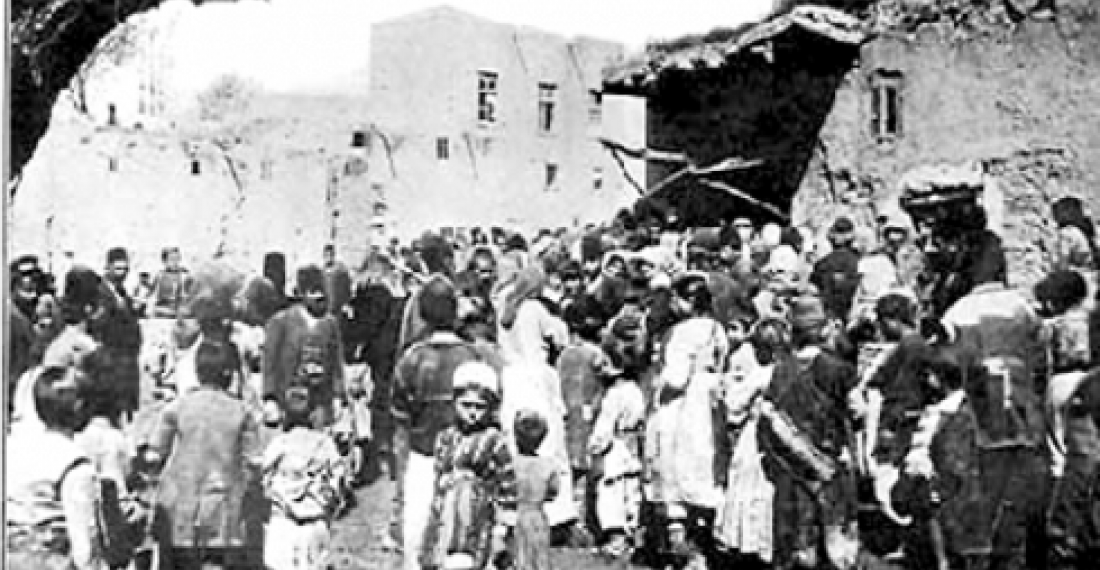24 April is marked in Armenia as Genocide Remembrance Day. The date is also marked by Armenian communities in the diaspora, and increasingly by liberal and human rights activists in different parts of the world. It marks events in the closing days of the Ottoman Empire when hundreds of thousands of Armenians were killed or forced into exile.
The events continue to provoke controversy, and are hotly contested by Turkish officials who claim that the deaths were the result of an ongoing conflict in which many people from both sides died. An increasing number of liberal Turkish intellectuals however are calling for their government to acknowledge the events of 1915, and to characterise it as genocide.
A number of governments have shied away from using the term genocide since they are afraid that it brings with it unquantifiable legal implications, and also because the term was coined decades after the 1915 events.
In Armenia itself people, politicians and government are however united about the issue and commemorate in a solemn way the anniversary each year.
This year's anniversary is being marked less than two weeks before the forthcoming parliamentary elections. A suggestion by the Dashnak Armenian Revolutionary Federation for campaigning to be halted on this day, was quickly accepted by all the other political forces.
In a special message, issued today, Armenian President Serzh Sargsyan said:
"Today we, and many others throughout the world, bow our heads before the memory of the innocent victims of the Great Armenian Genocide. Sadly, the pages of our history are not solely about victories and ascents. April 24, the commemoration day of the Genocide victims, is not only the day of our nationwide mourning, but also the day of our determination to live and of our moral character."
source: commonspace.eu
photo: Armenians in city of Van in 1915 were many incidences of atrocities were reported.







